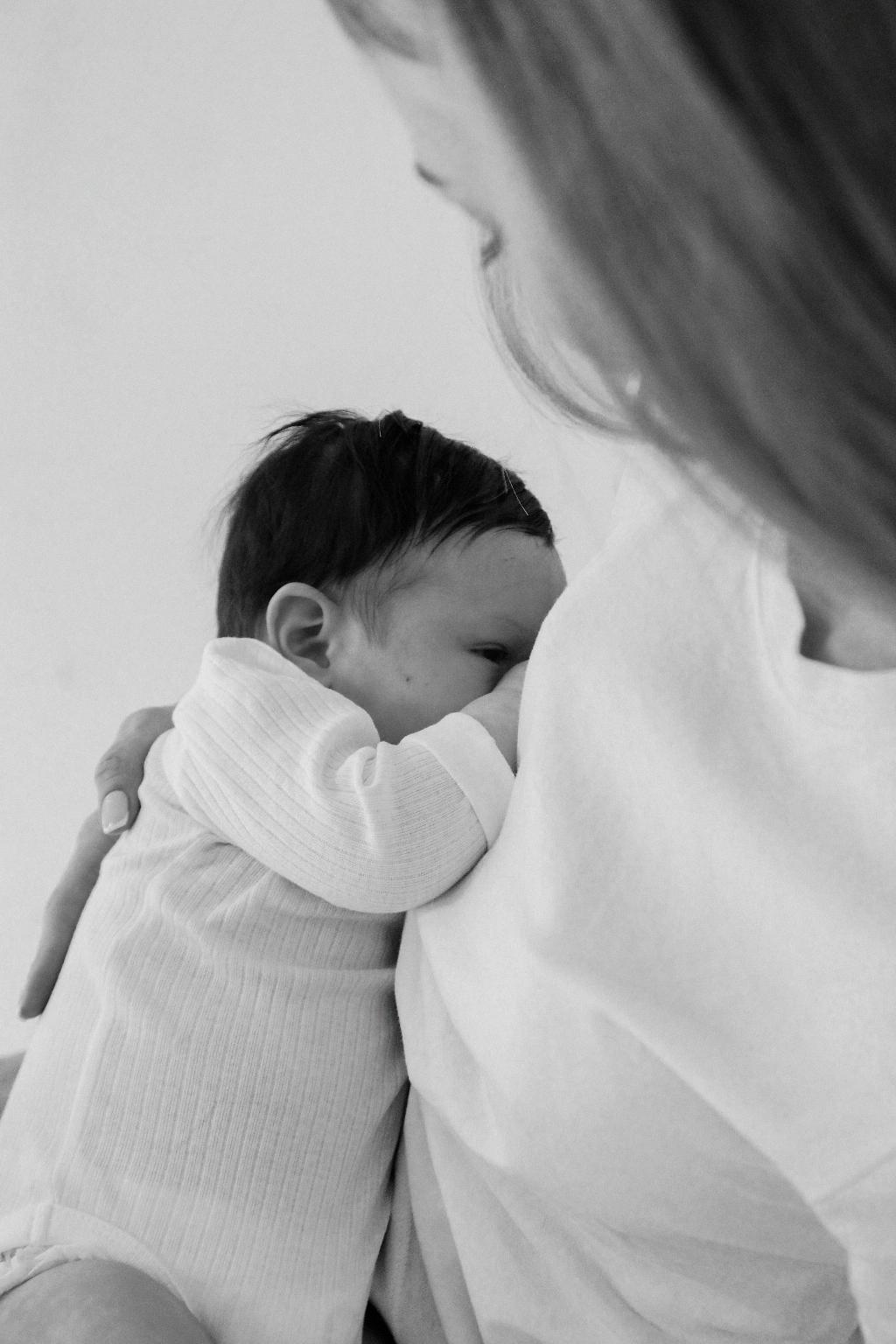When it comes to understanding baby hiccups, there are a few factors to consider. One common belief is that baby hiccups may indicate that the baby is full. These hiccups can occur when food and stomach acid rise up due to a full stomach. However, it’s important to note that hiccups alone may not always signify fullness.
Some experts suggest that baby hiccups can also be a result of overeating or eating too quickly. In these cases, hiccups may occur as a natural response to the stomach being stretched or food being consumed rapidly.
While hiccups can sometimes be linked to fullness, they are not a definitive indicator on their own. It’s essential to consider other signs of fullness in babies, such as decreased sucking during feeding, turning away from the bottle or breast, or falling asleep during feeding.
Parents can take steps to help prevent hiccups associated with fullness by feeding baby slowly and allowing breaks for burping. This can help reduce the likelihood of food and acid rising up and causing discomfort.
It’s also crucial to pay attention to a baby’s feeding cues and respond accordingly. By recognizing when a baby is full and respecting their signals, parents can help reduce the occurrence of hiccups and potential digestive issues.
Furthermore, ensuring proper feeding techniques, such as holding the baby in an upright position during feeding and burping them regularly, can contribute to minimizing hiccups and promoting comfortable digestion.
If a baby frequently experiences hiccups after feeding, it may be helpful to consult with a pediatrician to rule out any underlying medical conditions or address any concerns about feeding practices.
While hiccups are usually normal and harmless in babies, persistent or severe hiccups may warrant further investigation. It’s essential for parents to observe their baby’s overall feeding patterns and well-being to determine if hiccups are a cause for concern.
Overall, while hiccups can sometimes indicate fullness in babies, they are not always a definitive sign. By paying attention to feeding cues, practicing proper feeding techniques, and seeking medical advice when needed, parents can ensure their baby’s feeding experiences are comfortable and healthy.
Remember, every baby is unique, and what works for one may not necessarily apply to another. Trust your instincts as a parent and prioritize your baby’s well-being when it comes to understanding and addressing hiccups and feeding-related concerns.

